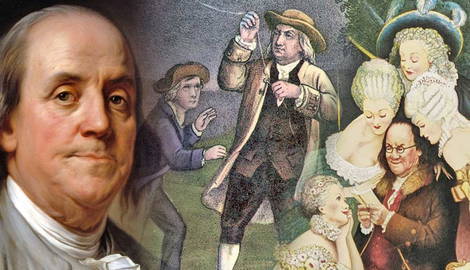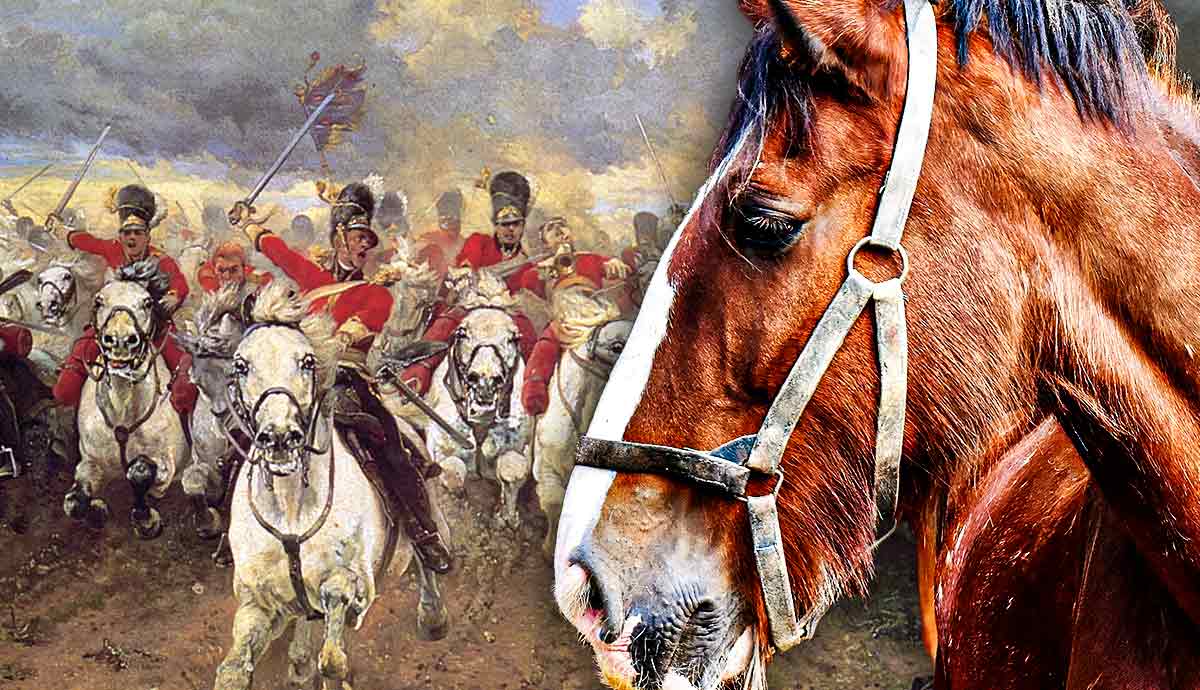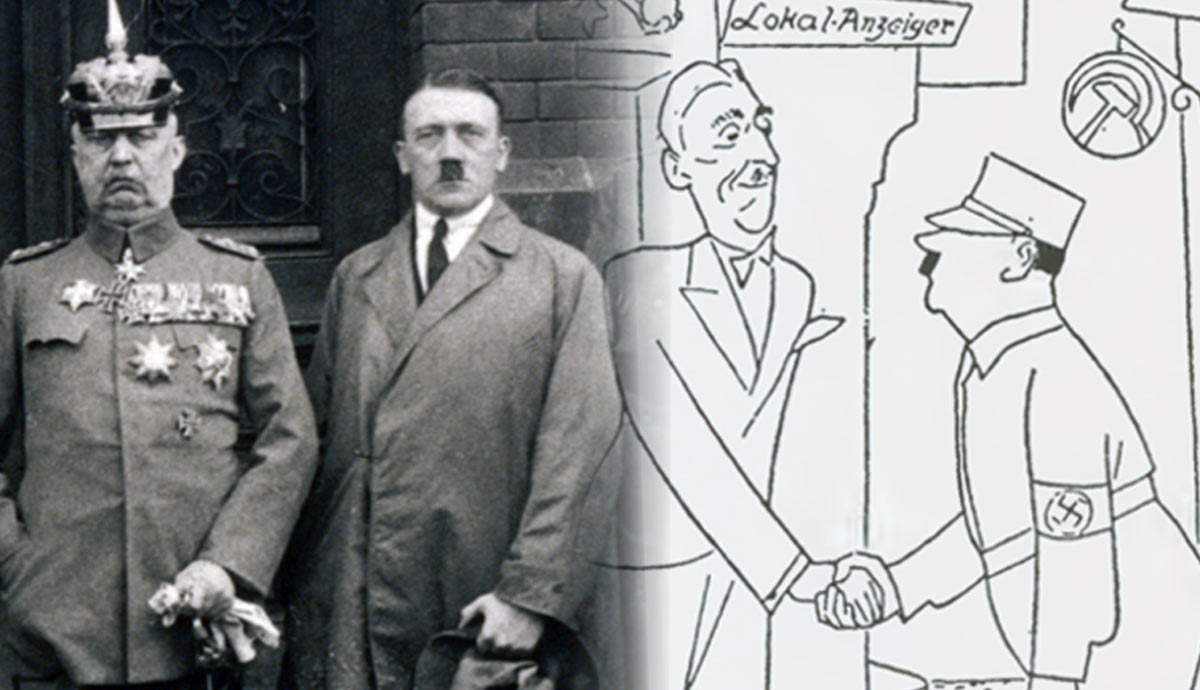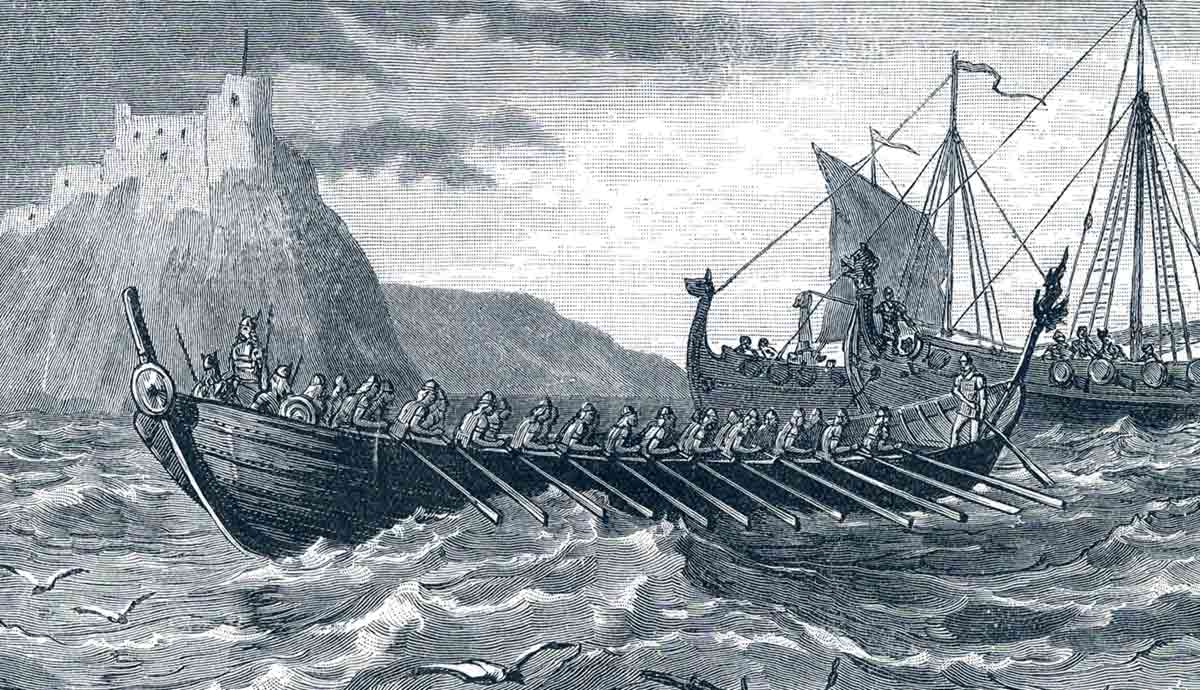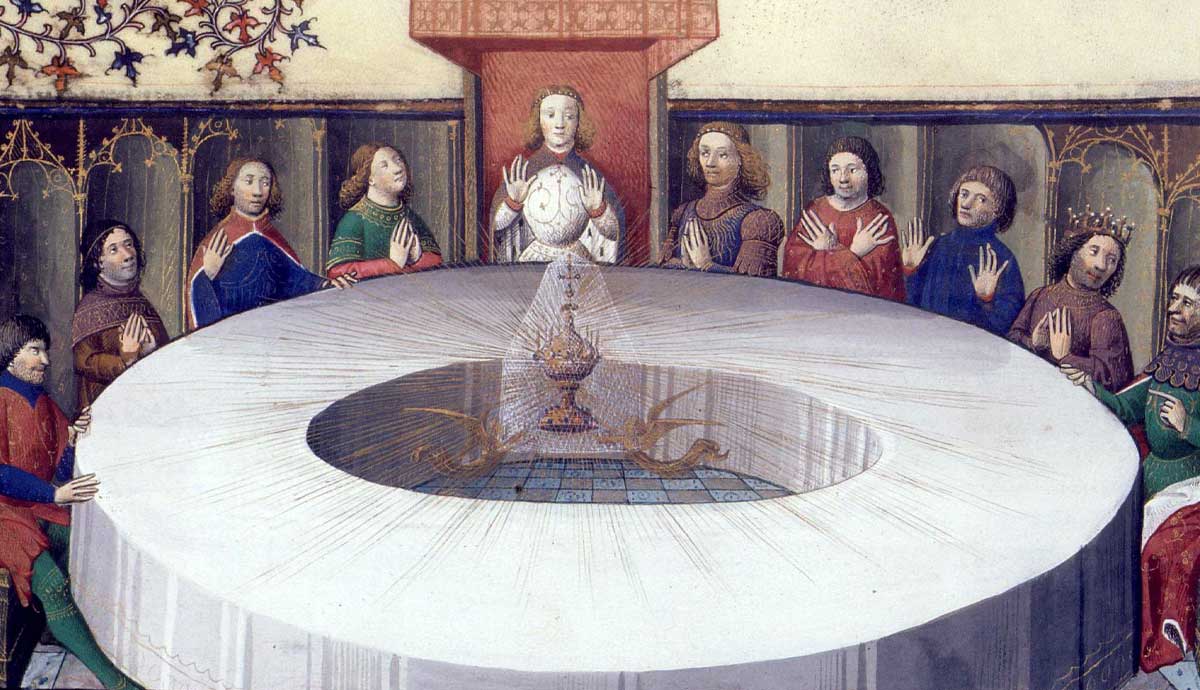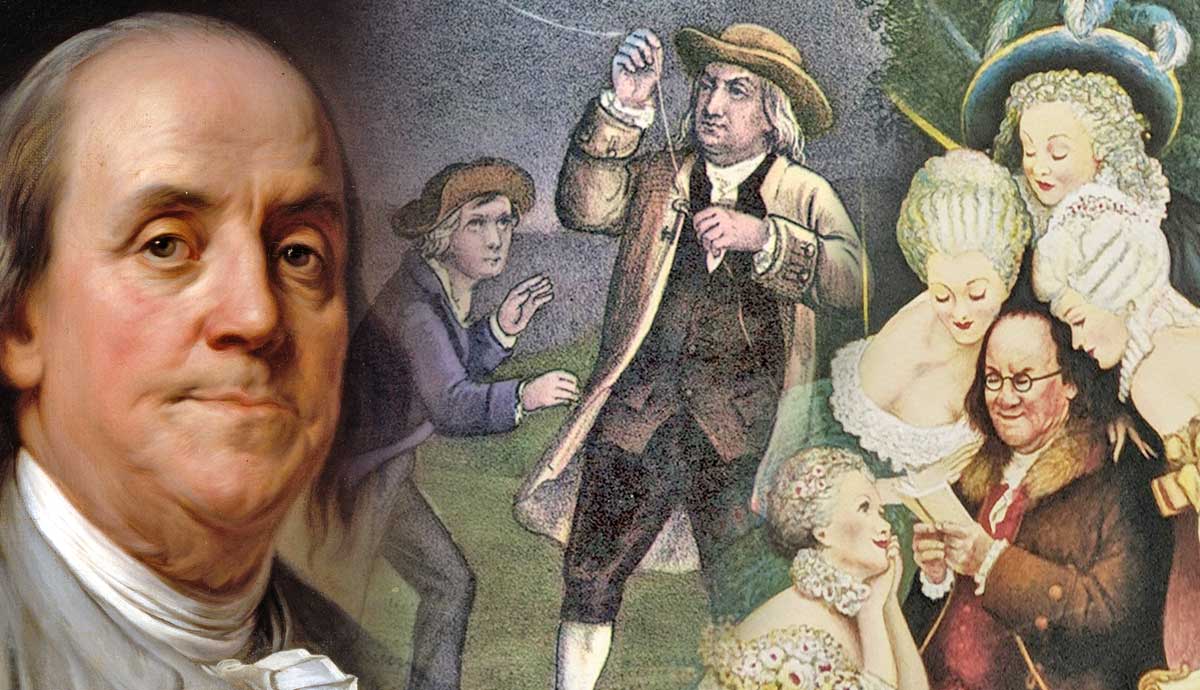
Known as one of the greatest Founding Fathers, Benjamin Franklin was a highly charismatic character. His life was full of adventure that took him in many different directions. He was not just a politician but a writer, a publisher, a printer, a scientist, a philosopher, and an inventor, among many other things.
While many know the basic details of the man, there is much surprising information that most people don’t know about him.
Here are 10 astonishing facts about Benjamin Franklin.
1. Benjamin Franklin Was a Vegetarian

At the age of 16, Benjamin Franklin became a vegetarian. His decision was made for ethical reasons, as he believed the killing of animals for food was brutal and completely unnecessary.
His vegetarian diet was quite healthy. His favorite foods were potatoes, rice, and bread. Later in life, he added fish to his diet.
As a young man, Franklin saved a lot of money by being a vegetarian. Meat was expensive, and much of the money he saved went into purchasing books to satiate his huge appetite for knowledge.
2. He Assumed a False Identity When He Was Young

When he was young, Benjamin Franklin was an apprentice to his brother, James, who owned a print shop and the New-England Courant. Benjamin showed interest in wanting to write for the newspaper, but his brother refused.
This did not stop Benjamin from trying, however. He began writing letters for the newspaper under the name of “Mrs Silence Dogood.” His brother printed these in the newspaper, and Mrs Silence Dogood became a well-known figure in Boston. Mrs Dogood even began to receive marriage proposals when “she” wrote that she was widowed! At this point, Benjamin decided it was a good idea to end the charade before it got worse.
His brother was not amused. Franklin left the print shop and ran away to Philadelphia.
3. He Created America’s First Volunteer Fire Brigade

Benjamin Franklin was dedicated to helping others and improving his community. After writing to the Pennsylvania Gazette about the need for better fire prevention methods, Franklin was motivated to form his own volunteer fire department. In December 1736, he formed the Union Fire Company, which affectionately became known as Benjamin Franklin’s Bucket Brigade.
4. He Was an Avid Swimmer

Benjamin Franklin discovered a love for swimming during his childhood in Boston. He was also a keen inventor, and one of his first inventions was a pair of hand-paddles he used to propel himself through the water.
Franklin continued to swim regularly throughout his adult life. In the 1760s, while in London, he would swim in the Thames River. He displayed such strength and prowess as a swimmer that a friend offered to help him open a swimming school.
Franklin, however, was a busy politician and declined the offer. Nevertheless, the stories of his swimming prowess earned him an honorary place in the International Swimming Hall of Fame.
5. He Was a Terrible Husband

Benjamin Franklin met his future wife, Deborah Read, when he was just a teenager. The two fell in love and promised to get married, but his business took him to England, and Deborah was pressured to marry another man.
The man she married, however, turned out to be a bigamist, and the marriage was annulled. Franklin married Deborah Read, but it was not a fairytale ending.
They lost their son, Francis, to smallpox, and Benjamin lived with the guilt of not having him inoculated. This caused a strain in the relationship, and later, Benjamin’s work and life would take him to London and the rest of Europe.
He made excuses as to why he couldn’t return home, usually citing the weather as being dangerous. He flirted with young girls, and rumors started circulating of extra-marital affairs.
In October 1773, Deborah Read stopped writing to her husband in Europe and died in December of the following year.
6. He Supported Royal Governance in Pennsylvania

In the 1760s, Benjamin Franklin spent much of his time lobbying for colonial rights while in London. He supported the idea of Pennsylvania being ruled by the British Crown. His reasoning was that Pennsylvania was under the proprietorship of the Penn family. Thus, the Penn family had the legal ability to overturn decisions made by the Pennsylvania Assembly.
Franklin assumed governance under the Crown would be better, but his decision was miscalculated and angered the residents of Pennsylvania. Franklin lost his seat in the Colonial Assembly as a result.
7. He Invented the Glass Harmonica

It is well known that Benjamin Franklin was an inventor. One of his most incredible inventions was a complex musical instrument called the glass harmonica, which was even used by Beethoven, Mozart, and Strauss, who all composed music for it.
Franklin created this mechanical device and called it the armonica (completely unrelated to the harmonica, which was invented in 1821). It consisted of a series of spinning glass bowls that, when touched with a wet finger, produced the same sound as when playing glass cups. In essence, the invention was a more convenient arrangement of wine glasses set up to be played as instruments, and it allowed for several notes to be played at the same time.
In its day, the armonica gathered a large following, and thousands were produced. Franklin stated that of all his inventions, the glass harmonica gave him the most personal satisfaction.
8. He Had a Reputation for Being a Playboy

In his travels, Benjamin Franklin enjoyed visiting parlors where he spent his time in the company of women. He earned a reputation for being prone to lascivious vices. His activities even earned him the notoriety of having a ditty written about him.
“Franklin, tho’plagued with fumbling age
Needs nothing to excite him.
But is too ready to engage
When younger arms invite him.”
He was also known to have flirted with much younger women. While living in London, he was hired to tutor his landlady’s daughter, Polly. An uninvited guest spied him locked in an embrace with the 18-year-old girl with her on his lap. The guest was an artist and sketched what he saw.
Benjamin Franklin’s mission in France was of the utmost importance. The newly created United States was woefully ill-equipped to deal with the might of the British Empire and sought the aid of France.
Franklin was the man who headed this effort. And he did it with charm, charisma, and a great deal of flirting. He attended parties and frequently had ladies sitting on his lap. He is rumored to have had affairs with several noblewomen during this time.
9. His Son Supported the British

Although fathering two children with Deborah Read, Benjamin Franklin had another son from a previous relationship. William Franklin got on well with his father, and his father helped him in his desire to become a lawyer. William was hugely successful and became Governor of New Jersey.
The issue of American independence, however, drove a wedge between them. William remained a Loyalist and spent two years in a colonial prison as a result. After being released, he continued to promote the Loyalist cause in New York, encouraging guerilla-style war against the Americans.
After the Battle of Yorktown dimmed hopes for a British victory, William left for England, never to return. He continued to support the Loyalist cause in England. William and Benjamin never reconciled.
10. Benjamin Franklin Was an Enslaver & an Abolitionist

From 1735 to 1781, Benjamin Franklin was an enslaver. His household had at least seven slaves and kept them enslaved until 1790.
When Benjamin and his son William moved to London in 1757, they took Peter and King, both enslaved, with them.
There was no legal basis for slavery in England, but the laws were confusing and misinterpreted. Nevertheless, slavery was not common. At the time, England had a population of around 15,000 Black people. King took the opportunity in 1758 to join them. He ran away from the Franklins and was found two years later living in Suffolk. He had been taken in by a Christian woman who also taught King to read and write.
The political move to abolish slavery began to pick up in the 1760s in England, and Franklin’s views began to change, too, albeit at a slow pace. He continued to keep slaves but became an abolitionist in the process. His publications on the matter were written anonymously, but he did champion Black education back in the colonies.

After the American War of Independence broke out, the matter of abolition became more important in his mind but took a back seat to his work in securing French aid for fighting the British back home.
After victory was secured, he returned to America, and much of the rest of his political career was taken up by his fight for abolition. Sadly, the fight for abolition would take several decades to mature, and Franklin never saw any immediate results of his work on the matter.
